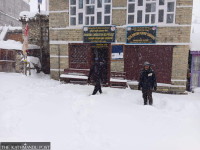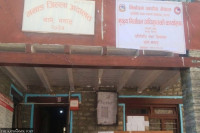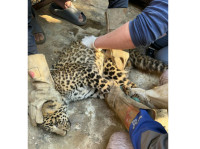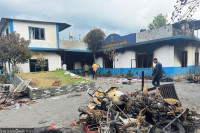Gandaki Province
Local units in Gorkha start immunisation drive against measles-rubella
The local units decided to run vaccination campaigns after five cases of measles were reported recently.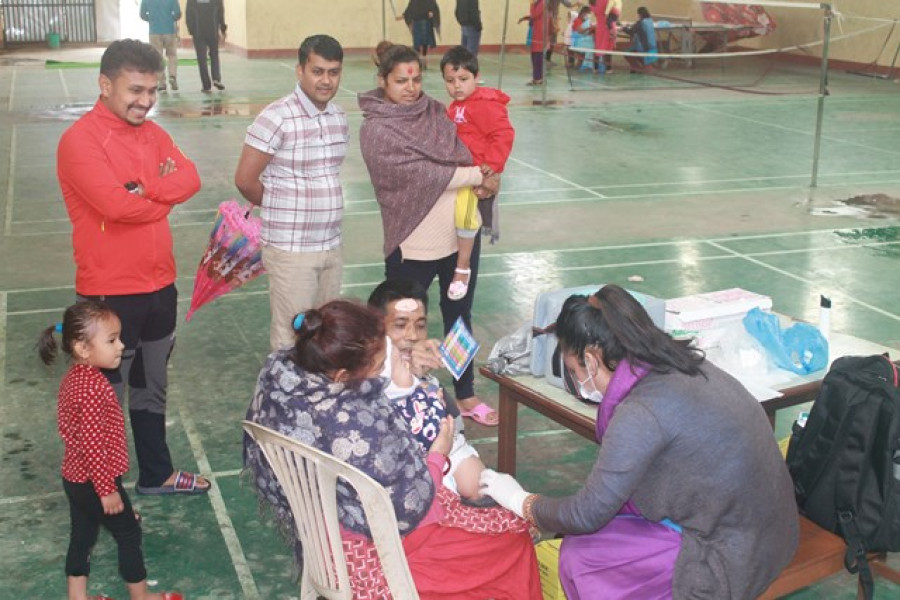
Hariram Upreti
Gandaki Rural Municipality in Gorkha has started a campaign to vaccinate children against measles and rubella from Friday.
Beli Shrestha, chief at the health section of the rural municipality, said the campaign was launched after five measles patients were discovered in Chhatibangaira village of Ward No. 7 recently.
“The highly infectious disease was seen in three children between the ages of six months and 12 years old, a 17-year old girl and a 29-year-old man. They are receiving treatment from the local health centre and are out of danger,” said Shrestha.
The rural municipality plans to vaccinate 1,707 children by mid-May.
“The vaccination programme is being run from 43 immunisation centres,” said Shrestha.
Meanwhile, Gorkha Municipality has also launched a vaccination drive against measles and rubella from Thursday.
Although the municipality was set to organise the vaccination programme from March 28, the plan was cancelled due to the nationwide lockdown.
“We started the campaign after some cases of measles were found in neighbouring Gandaki Rural Municipality. The vaccination programme will be conducted from 49 immunisation centres. We plan to immunise 3,800 children and also provide them Vitamin A to drops,” said Rajanraj Pant, mayor of Gorkha Municipality.
Measles infection has also been detected in a nine-month-old baby from Sahid Lakhan Rural Municipality Ward No. 7 in Gorkha. The test was confirmed by the National Public Health Laboratory in Teku, Kathmandu, on May 2. Birendra Shrestha, chief at the health section in the rural municipality, said the municipal office was also preparing to run a vaccination programme from mid-May.
Measles and rubella are contagious viral diseases, which are transmitted through droplets from the nose, mouth or throat of infected persons. Early symptoms, which usually appear 10-12 days after infection include high fever, runny nose, bloodshot eyes and white tiny spots inside the mouth.
Several days later, a rash develops on the face, upper neck and other parts of the body. According to doctors, people of all age groups are vulnerable to the disease and underage children, pregnant women, elderly people and those with compromised immune systems—HIV infected people—are highly vulnerable.
Some people may suffer from severe complications, such as pneumonia and encephalitis, and the infection could also lead to death.




 14.24°C Kathmandu
14.24°C Kathmandu.jpg)

